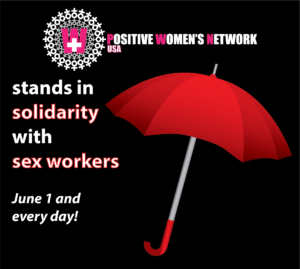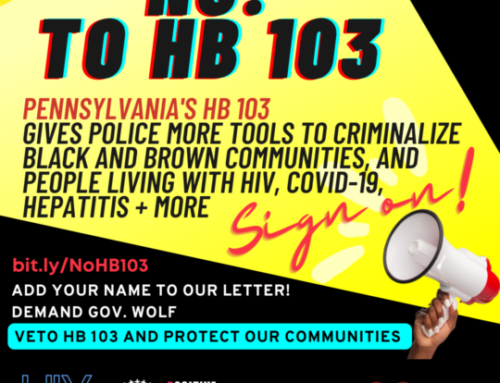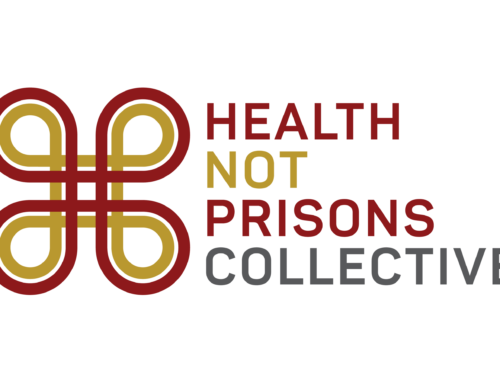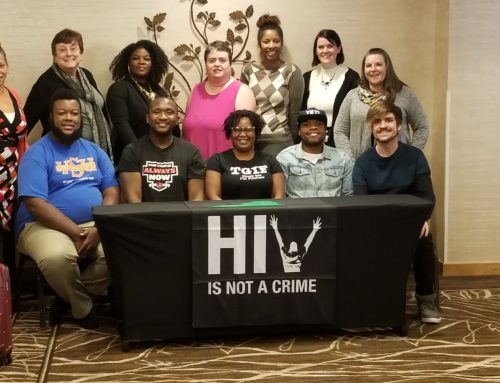 May 31, 2018: As an organization that advocates for the safety and dignity of women and people of transgender experience living with HIV, many of whom are subject to violence and criminalization because of their marginalized identities, Positive Women’s Network – USA stands in solidarity with sex workers nationwide, who will be organizing multiple actions across the country this weekend in direct response to recent legislation that is jeopardizing their health, safety and right to work.
May 31, 2018: As an organization that advocates for the safety and dignity of women and people of transgender experience living with HIV, many of whom are subject to violence and criminalization because of their marginalized identities, Positive Women’s Network – USA stands in solidarity with sex workers nationwide, who will be organizing multiple actions across the country this weekend in direct response to recent legislation that is jeopardizing their health, safety and right to work.
The Allow States and Victims to Fight Online Sex Trafficking Act (FOSTA)/Stop Enabling Sex Traffickers (SESTA) law, framed as an attempt to curb sex trafficking and exploitation, made website publishers liable for third-party content posted on their sites that can be considered “promotion or facilitation of prostitution.” This includes consensual sales of various sexual services as well as harm reduction services and legal information specific to sex work.
The immediate effects of FOSTA/SESTA include the closure of personals pages (like those formerly hosted by Craigslist) that allowed sex workers to advertise services, screen their clients safely and work indoors. Since FOSTA/SESTA passed just a month ago, sex worker groups and service providers are reporting a dramatic increase in street-based sex work increasing vulnerability to violence and criminalization. The loss of online platforms also means sex workers have less agency in conducting their business, creating the risk of exploitation by pimps and traffickers. Now, Congress is working to advance the End Banking for Human Traffickers Act of 2017, which, though aimed at stopping illicit funding for trafficking, if coupled with FOSTA/SESTA has the potential to close out bank accounts used by sex workers, who often already have difficulty getting access to their money held by banks.
While we support efforts to end trafficking and protect survivors, these misinformed laws do not achieve that purpose. Instead, we demand greater focus on addressing factors that create vulnerability to trafficking including poverty, homelessness, stigma, and discrimination– all problems closely connected to ongoing misogyny, racism, homophobia, transphobia, and economic injustice. We also encourage efforts to center sex worker and trafficking survivors’ voices in efforts to curb trafficking, efforts which include the decriminalization of sex work and expansion of social services.
Find more information here on National Sex Worker Day of Action events taking place near you this weekend!







